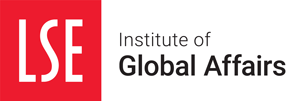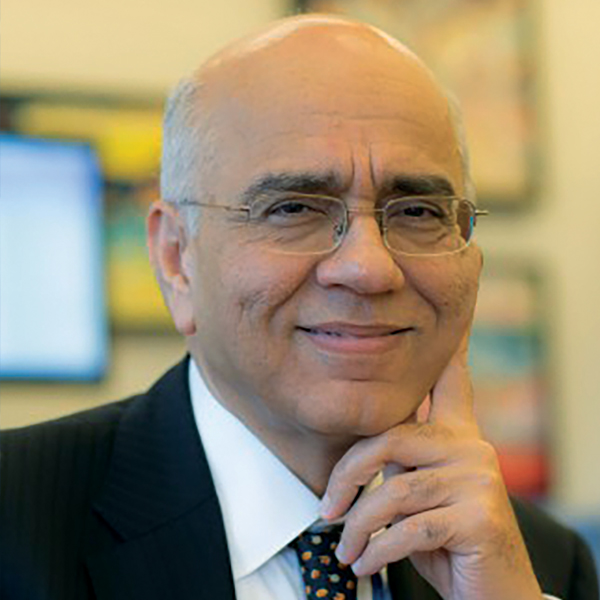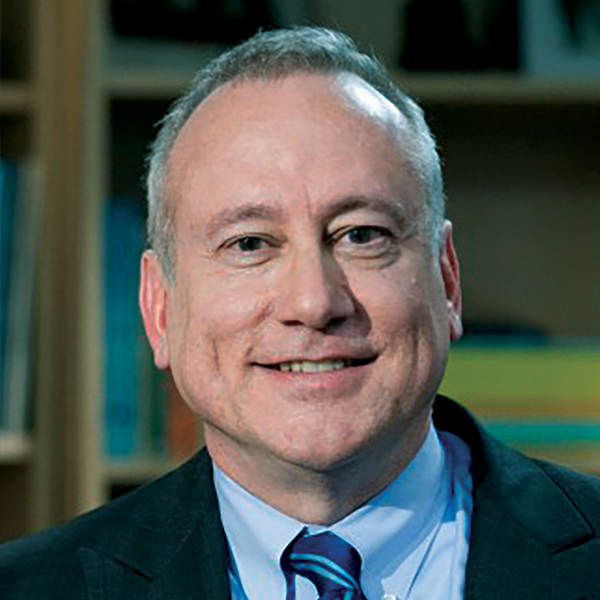LSE



As the B20 community convenes in Tokyo this March to consider how to build “Society 5.0”, we strongly urge them to review and support the G20 commissioned report of the Eminent Persons Group (EPG) on global financial governance. The recommendations of the report are foundational to the types of changes the Keidanren envisages as we move beyond the information society. As the EPG underscores, it is time to transform the post-World War II global financial architecture to avoid the “risk of drift into a fragmented world, with policies in different parts of the world working at odds with rather than reinforcing each other, and with all nations ending up losing.”
The EPG report makes 22 concrete proposals for change. None is revolutionary, all are practical. Alone each would make some small difference in the way we work together across the globe. But taken as a package, the proposals have the potential for fundamentally shifting the governance of the financial system, and moving capital flows to those parts of the world where there are the greatest opportunities for economic advancement and the highest risks of human catastrophe if the system is left unchanged.
So, what in the report is of interest to business? First, it provides a plan of action to mobilize the financing that will be needed to support development across the globe. The world has recognized that going from “billions to trillions” in development finance will require a concerted effort to mobilize private capital for development. However, bringing private investors together with viable project opportunities will not be easy, specially in low income countries where the institutional structures and business environment can be more challenging even as the needs are greatest. The multilateral development banks (MDBs) can play a valuable role of intermediation in this regard: they know how to do business in developing countries; they have patient capital which can mitigate risks and leverage private capital; they can help make markets, where none existed before. But to play this catalytic role better, their business models and operations need to change, and they need to work better as a system. The first nine proposals the EPG makes are focused on how the MDBs can work better together and, with the private sector, create the business environment that brings about profitable (both privately and socially) net inward investment flows.
For such inward investment to developing countries to be sustained, global financial markets must be stable, open, and transparent, with risk being broadly shared across the world. In addition, financial markets in developing countries need to mature. And countries need to have confidence in regional and global safety nets to avoid an excessively prudent build up of reserves and other mechanisms of self insurance. Recommendations 10-16 of the EPG focus on what is needed to bring about better-structured financial markets that provide long-term patient capital needed by developing countries.
The final six recommendations of the EPG focus on the role of the G20 in governing the international financial institutions (IFIs, which are the MDBs plus the IMF). While much of it may seem like bureaucratic “shop talk,” global businesses will prosper if there are consistent global rules of the game, which in turn requires global strategic direction. While regional and country markets will never disappear, the IFIs can only pull in the same direction if their shareholders set that direction.

What can business do to support implementation of the EPG’s recommendations?
- Be clear with the IFIs and MDBs on the changes required to scale up private investment in developing countries. Many of the first nine proposals will require extended frank conversations to realize the synergies between the MDBs and business. Active participation by the business community will be essential.
- Lend a supportive voice to financial market and governance reforms and hold leaders accountable for enacting those reforms.
- Continue to engage in the B20 and other public forums that support multilateralism and eschew the isolationist trends that are increasingly prominent in the global political dialogue.
Moving beyond the information society will require us to think, act and cooperate in new ways. The EPG report gives a practical blueprint to start to do so.
Masood Ahmed is president of the Center for Global Development. He joined the Center in January 2017, capping a 35-year career driving economic development policy initiatives relating to debt, aid effectiveness, trade, and global economic prospects at major international institutions including the IMF, World Bank, and DFID.
Ahmed joined CGD from the IMF, where he served for eight years as director, Middle East and Central Asia Department, earning praise from Managing Director Christine Lagarde as a “visionary leader.” In that role, he oversaw the Fund’s operations in 32 countries, and managed relationships with key national and regional policy makers and stakeholders. In previous years, he also served as the IMF’s director of External Relations, and deputy director of the Policy Development and Review Department.
From 2003-2006, Ahmed served as director general, Policy and International at the UK government’s Department for International Development (DFID). In that role, he was responsible for advising UK ministers on development issues and overseeing the UK’s relationship with international development institutions such as the World Bank.
Mark Plant is director of development finance and a senior policy fellow at CGD. He is also an adjunct professor of economics at the University of Virginia. His appointment to CGD follows a long career at the International Monetary Fund (IMF), where he was most recently the director of Human Resources. Prior to that, Plant worked extensively with African countries, culminating in his appointment as deputy director of the IMF’s African Department. He also held a range of senior positions in the Strategy, Policy and Review Department, where he had oversight of the IMF’s policies towards low-income countries, including its work on the Multilateral Debt Relief Initiative (MDRI) and the Heavily Indebted Poor Countries (HIPC) Initiative. Before joining the IMF, Plant held senior positions in the US Department of Commerce and at the General Motors Corporation. He began his career teaching economics at the University of California, Los Angeles.